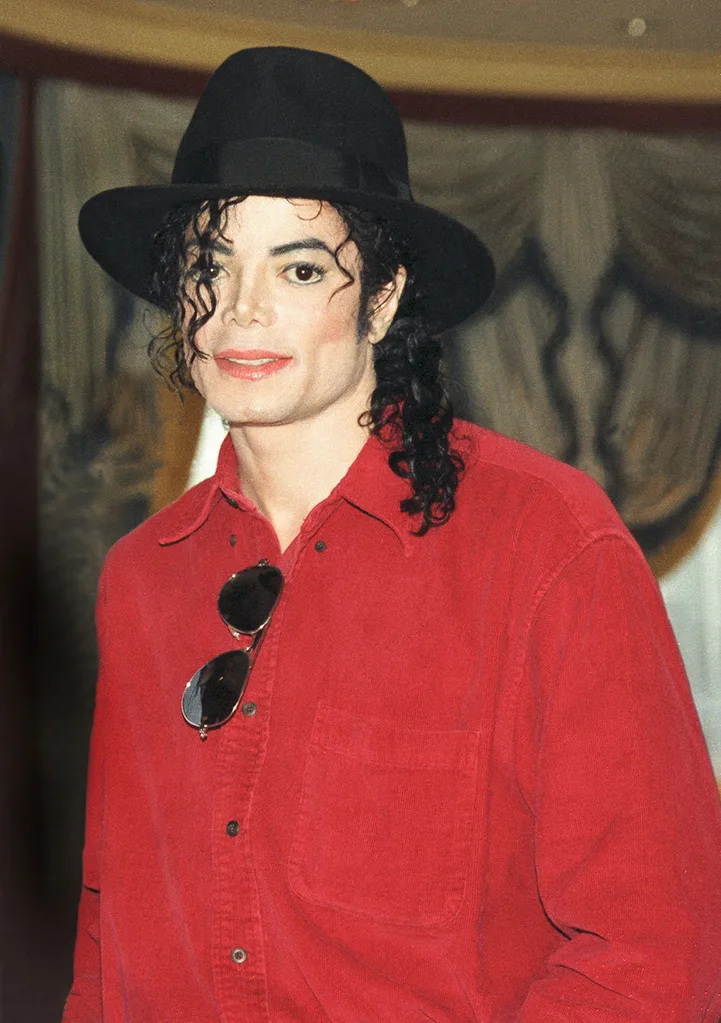Paris Jackson’s career is only just taking off, but the daughter of Michael Jackson recently sat down with Rolling Stone magazine for her first in-depth interview and revealed some very sad news.
Jackson says that she was sexually assaulted by a significantly older “complete stranger” when she was a younger teen. “I don’t wanna give too many details. But it was not a good experience at all, and it was really hard for me, and, at the time, I didn’t tell anybody.”
RELATED: Paris Jackson Just Made Her Modelling Debut
She also admitted she has struggled with depression and inner turmoil, so much so that she has experienced a suicide attempt. “It was just self-hatred,” the model explains of taking 20 Motrin tablets and slashing her wrist in June 2013 at age 15. “Low self-esteem, thinking that I couldn’t do anything right, not thinking I was worthy of living anymore.”
However, Jackson, now 18, believes the incident proved to be the turning point following a long battle with self-abuse, drug addiction and depression. The model admits that her attempt at suicide happened “multiple times”, but this final episode instigated a change, whereby she chose to attend a residential therapy program.
“It was great for me.” Now, she says, “I’m a completely different person.” But up to that point, I was actually crazy, I was going through a lot of, like, teen angst. And I was also dealing with my depression and my anxiety without any help.”
Paris, who recently made her modeling debut, also opened up about her father’s death in 2009, saying she “absolutely” believes he was murdered.

“It’s obvious. All arrows point to that. He would drop hints about people being out to get him,” she said. “A lot of people [wanted him dead]. And at some point he was like, ‘They’re gonna kill me one day.’ It sounds like a total conspiracy theory and it sounds like bull**t, but all real fans and everybody in the family knows it. It was a setup. It was bulls**t.”
Dr Conrad Murray was convicted of involuntary manslaughter over the death but denies any allegations of murder.
This article originally appeared on WHO










